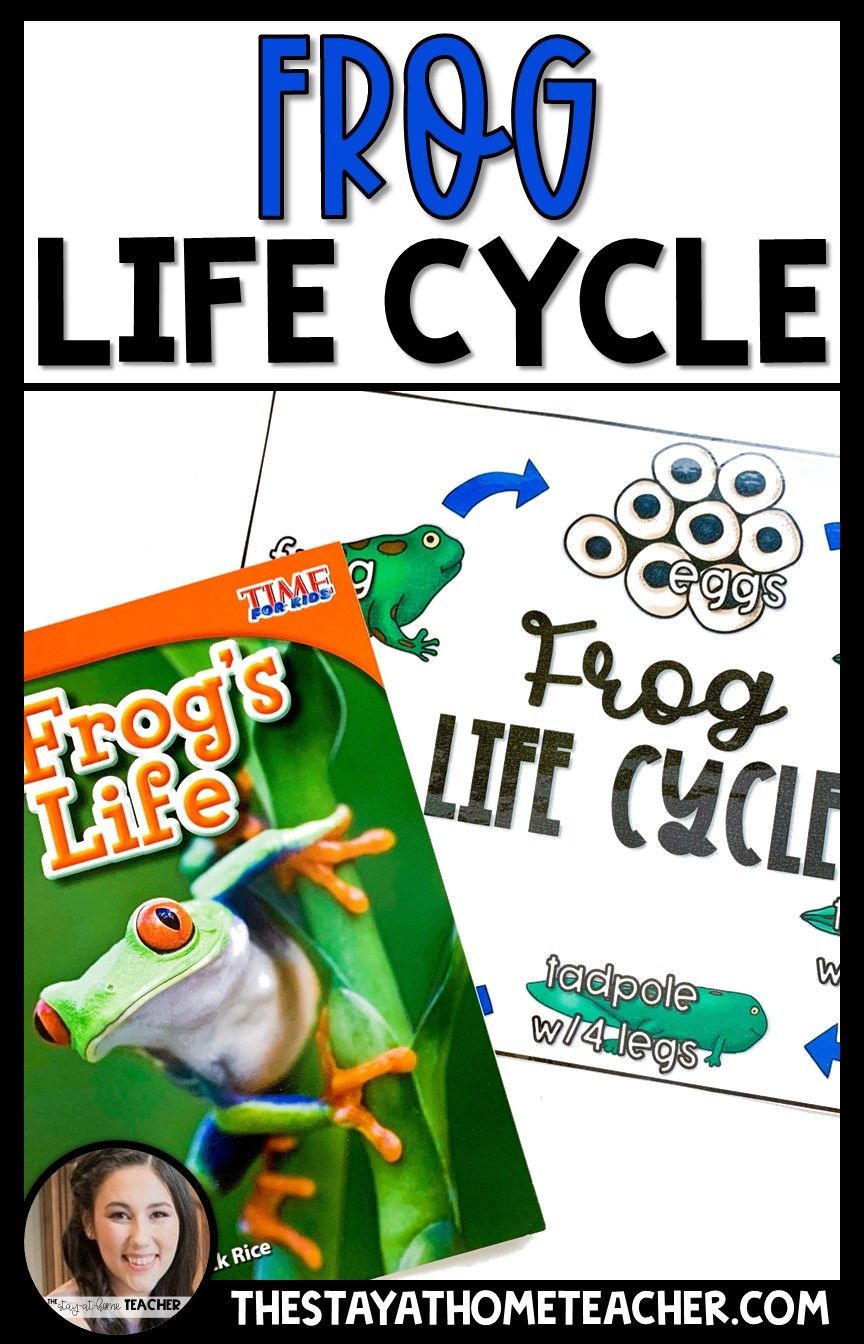The Campus Farm: A Living Classroom For Life Cycle Studies

Table of Contents
Experiential Learning Opportunities in Sustainable Agriculture
Campus farms provide unparalleled experiential learning opportunities in sustainable agriculture. Students move beyond theoretical knowledge and actively engage in all aspects of food production, gaining practical skills and a deep appreciation for the complexities of the food system.
Hands-on Farming Practices
Students participate in the entire agricultural cycle, acquiring practical skills vital for sustainable food production. This hands-on approach transforms abstract concepts into tangible experiences:
- Seed selection and soil preparation techniques: Students learn about soil health, organic matter, and the importance of selecting appropriate seeds for the local climate and soil conditions. They develop skills in soil testing, amending, and preparing seedbeds for optimal germination.
- Crop rotation and pest management strategies (organic): Students implement sustainable pest management strategies, minimizing the use of harmful chemicals. They learn about beneficial insects, companion planting, and crop rotation to maintain soil health and control pests naturally.
- Irrigation and water conservation methods: Understanding water resource management is critical. Students learn about efficient irrigation techniques, such as drip irrigation and rainwater harvesting, minimizing water waste and conserving this precious resource.
- Harvesting and post-harvest processing (e.g., preserving, composting): From harvesting mature crops to post-harvest handling, students develop crucial skills in preserving the harvest through methods like canning, freezing, and drying. They also learn the importance of composting food scraps and other organic waste to enrich the soil.
Understanding the Food System
A campus farm offers a unique perspective on the food system, tracing the journey from seed to table and highlighting the environmental and economic implications of food production:
- Tracing the journey of food from farm to consumer: Students gain a holistic understanding of the entire food chain, appreciating the labor, resources, and transportation involved in getting food to the table.
- Analyzing the environmental impact of different farming practices: They compare conventional and sustainable farming methods, analyzing their environmental footprints in terms of water usage, energy consumption, and greenhouse gas emissions.
- Exploring the economic aspects of sustainable agriculture: Students examine the economic viability of sustainable farming practices, including cost analysis, market opportunities, and the potential for increased profitability through environmentally friendly methods.
Developing Essential Skills
The campus farm experience extends beyond agricultural techniques, fostering the development of crucial transferable skills:
- Teamwork and collaboration: Working collaboratively in a farm setting builds teamwork, communication, and leadership skills.
- Problem-solving and critical thinking: Students encounter various challenges (e.g., pest infestations, weather conditions) requiring problem-solving and critical thinking to find effective solutions.
- Data analysis and record-keeping: Maintaining detailed records of planting, harvesting, and other farm operations enhances data analysis skills and strengthens understanding of agricultural processes.
Enhancing Life Cycle Studies Curriculum through Practical Application
A campus farm serves as a dynamic living laboratory, providing invaluable opportunities for hands-on application of life cycle assessment principles within the context of sustainable agriculture.
Environmental Impact Assessments
The farm environment allows for real-world environmental impact assessments:
- Measuring carbon sequestration and soil health: Students can directly measure the carbon sequestration capacity of different soil management practices.
- Analyzing water usage and its impact on local ecosystems: They can monitor water consumption and assess its impact on local water resources and surrounding ecosystems.
- Assessing biodiversity and habitat creation within the farm: Students can study the biodiversity supported by the farm, including beneficial insects, birds, and other wildlife.
Waste Management and Circular Economy
Campus farms naturally integrate circular economy principles:
- Composting food scraps and other organic waste: Students actively participate in composting, reducing waste and producing nutrient-rich soil amendment.
- Recycling materials used in farm operations: They learn about recycling plastics, wood, and other materials used in farm operations.
- Reducing water and energy consumption: Students actively participate in reducing water and energy consumption through efficient irrigation and other sustainable practices.
Connecting Theory to Practice
The campus farm bridges the gap between theoretical knowledge and practical application:
- Linking theoretical concepts to real-world applications: Classroom learning is reinforced through direct observation and participation in real-world agricultural practices.
- Enhancing student understanding and retention of information: Hands-on experience deepens understanding and improves retention of information learned in the classroom.
- Fostering a deeper appreciation for scientific principles: Students develop a deeper appreciation for the scientific principles underlying sustainable agriculture and environmental stewardship.
Broader Impacts of Campus Farms: Community Engagement and Sustainability Initiatives
Campus farms extend their influence beyond the classroom, engaging the broader community and promoting campus-wide sustainability.
Community Engagement and Partnerships
Campus farms foster strong community connections:
- Donating produce to local food banks and charities: Excess produce can be donated to local food banks and charities, addressing food insecurity in the community.
- Hosting community events and workshops on sustainable gardening: The farm can host workshops and events, educating the community about sustainable gardening and food production.
- Partnering with local organizations to promote food security: Collaborations with local organizations can enhance the farm's impact on community food security and sustainability.
Promoting Sustainable Practices
Campus farms serve as models for sustainable practices, inspiring campus-wide initiatives:
- Reducing campus food waste: The farm can participate in campus-wide food waste reduction programs, composting food scraps and promoting mindful consumption.
- Implementing sustainable landscaping practices: The farm can serve as a model for sustainable landscaping, demonstrating techniques for water conservation and biodiversity enhancement.
- Promoting sustainable food procurement policies: The farm can advocate for sustainable food procurement policies on campus, sourcing locally produced and sustainably grown food.
Conclusion
Campus farms offer a unique and invaluable opportunity to enhance life cycle studies through experiential learning. By integrating hands-on farming practices with classroom instruction, these living classrooms cultivate a deeper understanding of sustainable agriculture, environmental stewardship, and the interconnectedness of food systems. The benefits extend beyond academic learning, promoting community engagement and fostering a culture of sustainability within the campus and broader community. To learn more about establishing or enhancing your own campus farm and integrating life cycle studies into your curriculum, explore resources on sustainable agriculture and experiential learning programs. Invest in the future of food security and environmental responsibility through the power of a campus farm and its unique contribution to life cycle studies.

Featured Posts
-
 Record High Temperatures La And Orange Counties Face Extreme Heatwave
May 13, 2025
Record High Temperatures La And Orange Counties Face Extreme Heatwave
May 13, 2025 -
 Vybor Luchshikh Filmov Dzherarda Batlera Personalniy Vzglyad
May 13, 2025
Vybor Luchshikh Filmov Dzherarda Batlera Personalniy Vzglyad
May 13, 2025 -
 The Selective Justice Of Britain And Australias Response To The Myanmar Crisis
May 13, 2025
The Selective Justice Of Britain And Australias Response To The Myanmar Crisis
May 13, 2025 -
 Doom The Dark Ages Review Embargo Lift And File Size Revealed
May 13, 2025
Doom The Dark Ages Review Embargo Lift And File Size Revealed
May 13, 2025 -
 Review Embargo Ends For Doom The Dark Ages File Size Revealed
May 13, 2025
Review Embargo Ends For Doom The Dark Ages File Size Revealed
May 13, 2025
